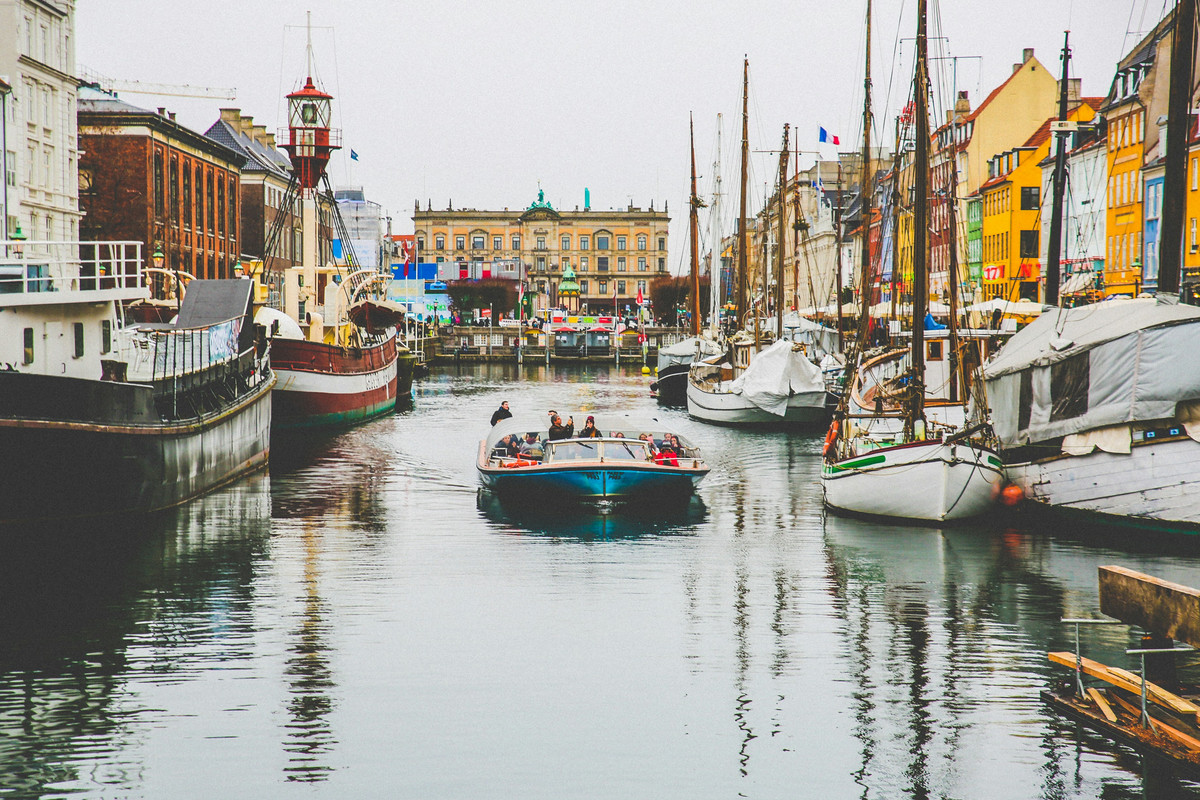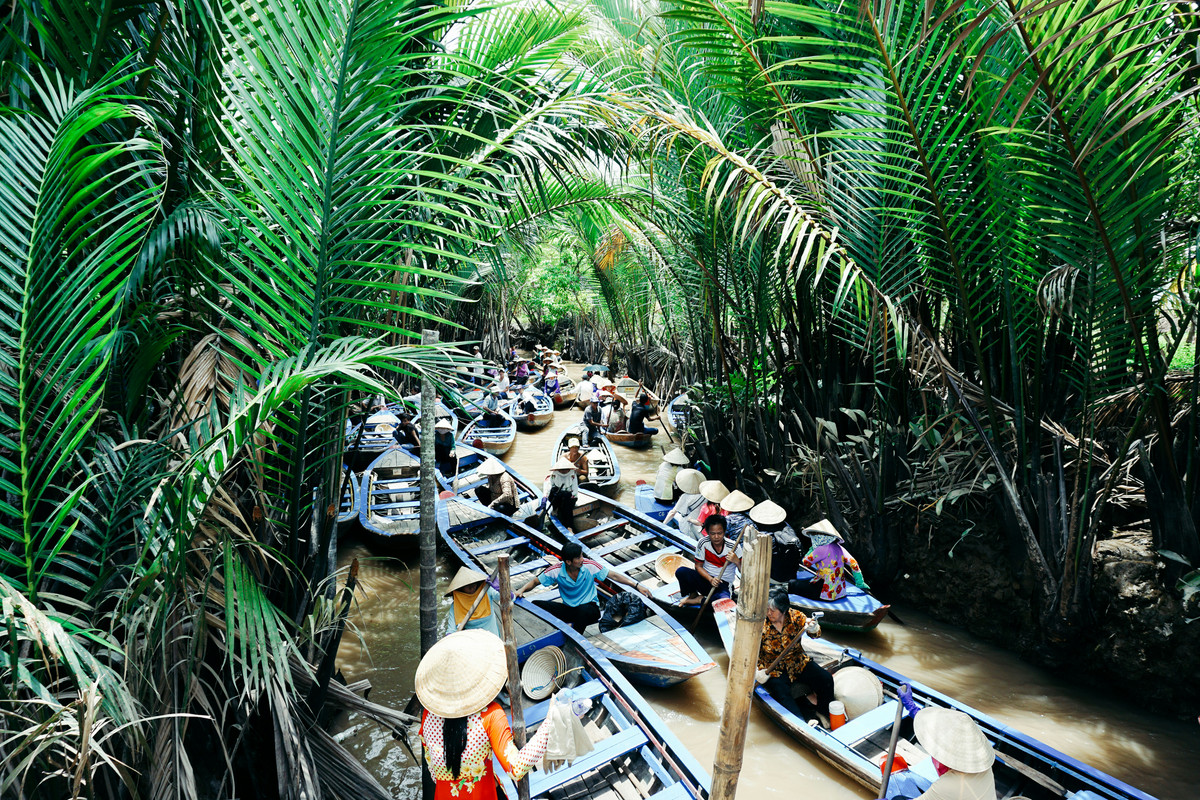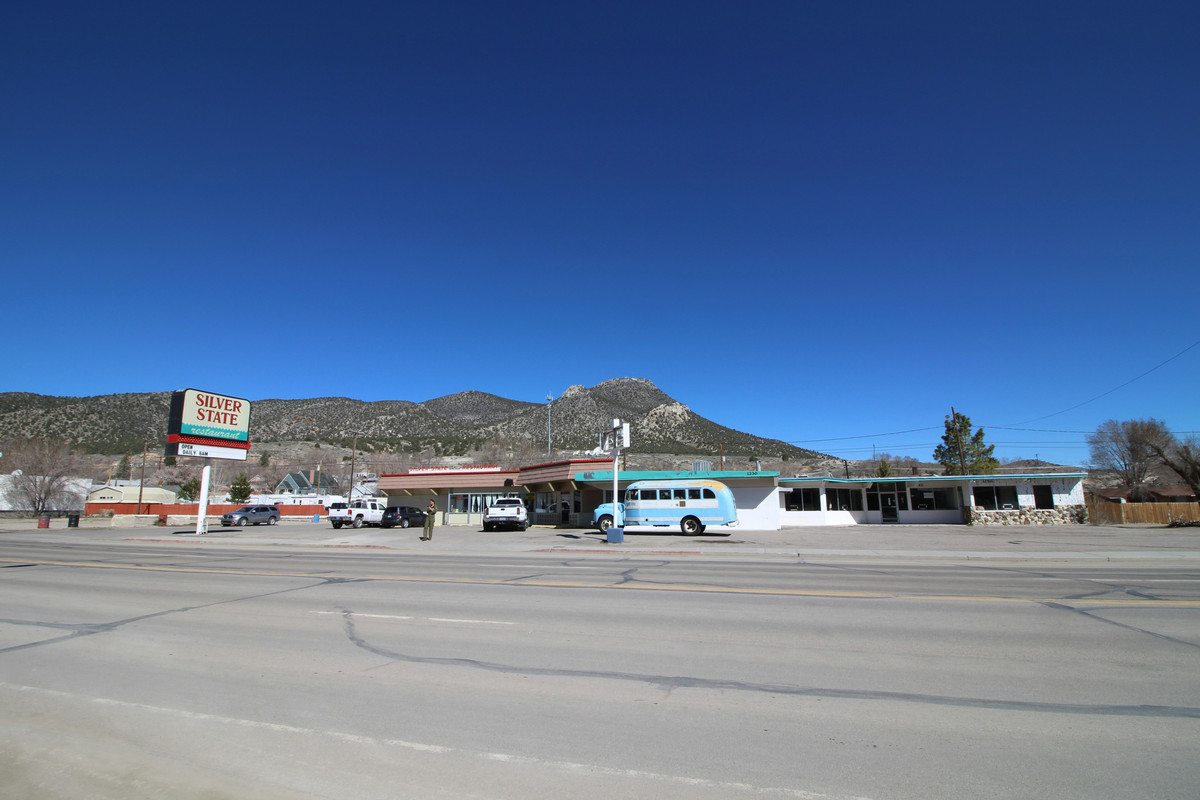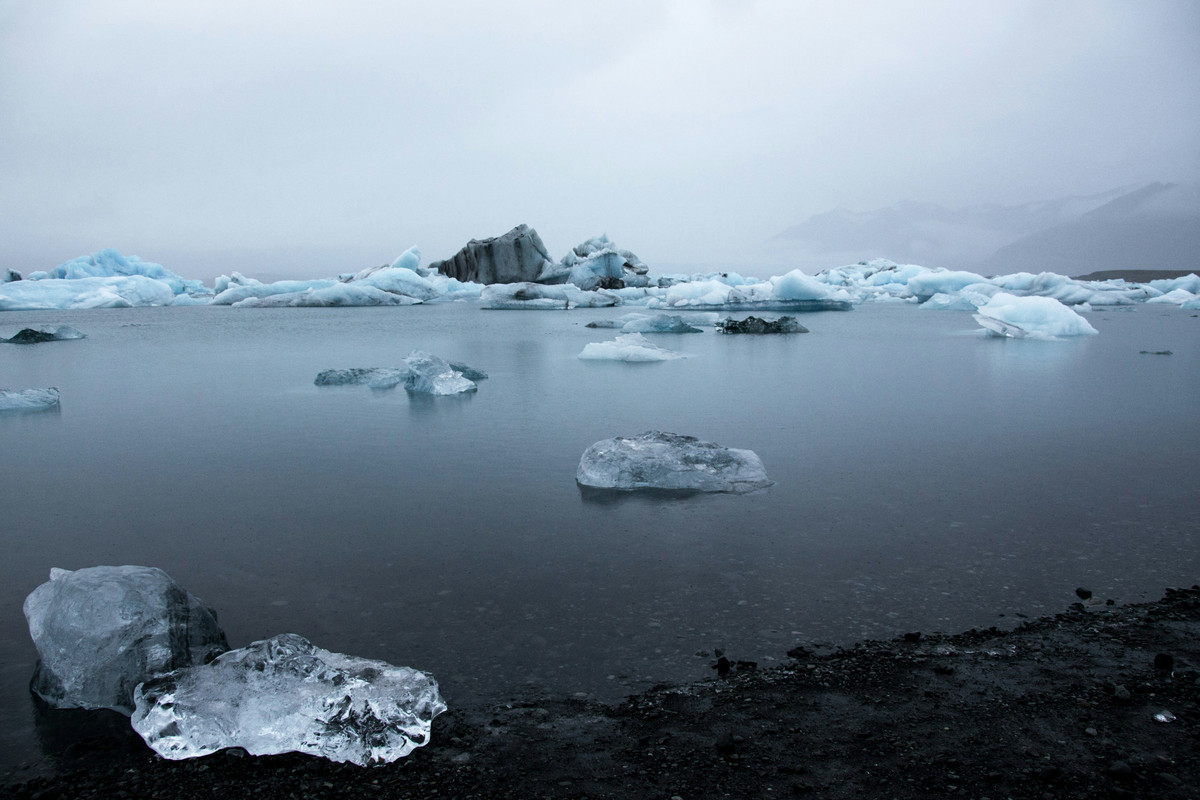1. Introduction
Traveling can be one of the most enriching experiences, but it often comes with its own set of challenges. Whether you’re an experienced traveler or planning your first adventure, knowing how to navigate these challenges can make all the difference. In this guide, we aim to provide you with practical tips to ensure your journey is as smooth and enjoyable as possible.
2. Preparing for Your Trip
Research and Planning
Destination Information
Understanding your destination is crucial. Research the culture, weather, local customs, and any travel advisories. This information helps you pack appropriately and plan your activities.

Itinerary Creation
Creating a detailed itinerary can save you a lot of stress. Plan your activities, accommodations, and transportation in advance. Be sure to leave some room for spontaneity!
Packing Tips
Light and Practical Packing
Pack smart by choosing versatile clothing that can be layered. Remember to pack according to the weather and cultural norms of your destination.

Essentials Checklist
Create a checklist of essentials, including travel documents, medications, chargers, and toiletries. This ensures you won’t forget anything important.
Travel Documents and Insurance
Passports and Visas
Ensure your passport is up to date and check if you need a visa for your destination. Make copies of important documents and keep them separate from the originals.

Importance of Travel Insurance
Travel insurance is essential for covering unexpected events such as medical emergencies, trip cancellations, and lost luggage. Choose a plan that suits your needs.
3. Choosing Your Mode of Transportation
Air Travel
Selecting the Right Flight
Compare different airlines and flight options to find the best deals. Consider factors like layover times, in-flight services, and airline reviews.

Handling Delays and Cancellations
Know your rights as a passenger and what compensation you’re entitled to in case of delays or cancellations. Always have a backup plan.
Train Travel
Booking Train Tickets
Book train tickets in advance to secure the best rates. Look for rail passes if you plan on traveling extensively by train.

Pros and Cons of Train Travel
Trains can be a scenic and relaxing way to travel. However, they may not always be the fastest option, so weigh the pros and cons.
Car and Public Transportation
Renting a Car
If you’re renting a car, make sure you understand the rental agreement, insurance coverage, and local driving laws. Choose a vehicle that suits your travel needs.

Using Public Transportation
Public transportation can be a cost-effective and eco-friendly way to get around. Research routes, schedules, and ticket options in advance.
4. Accommodation Choices
Hotels
Booking Strategies
Use booking websites and apps to compare prices and read reviews. Book directly with the hotel if possible to take advantage of loyalty programs and special deals.

Tips for a Comfortable Stay
Request a room away from elevators and ice machines for a quieter stay. Always check the safety features of your room, such as locks and fire exits.
Vacation Rentals and Short-term Lodging
Choosing the Right Platform
Platforms like Airbnb and Vrbo offer a wide range of options. Read reviews and communicate with hosts to ensure a smooth experience.

Safety and Considerations
Check the safety of the neighborhood and the property. Make sure the rental has basic amenities like smoke detectors and secure locks.
Hostels and Budget Accommodations
Affordable Options
Hostels can be a great budget-friendly option, especially for solo travelers. Look for hostels with good reviews and amenities that suit your needs.

Ensuring Safety
Choose hostels with secure lockers and a good safety record. Avoid sharing personal information with strangers and always lock up your valuables.
5. Safety and Health During Travel
Destination Safety Information
Understanding Local Safety
Research the safety situation of your destination. Stay informed about common scams and areas to avoid.

Emergency Preparedness
Know the local emergency numbers and the location of your country’s embassy. Keep a list of important contacts.
Health Tips
Preventing Travel-related Illnesses
Stay hydrated, avoid risky foods, and get the necessary vaccinations before you travel. Carry a first aid kit with basic medications.

Essential Medications and Health Insurance
Bring enough of your prescription medications and check if you need a doctor’s note for certain drugs. Verify your health insurance coverage abroad.
6. Enjoying Entertainment and Experiences
Cultural Experiences
Understanding Local Culture
Learn about the local customs and traditions. Show respect for cultural differences and participate in local events and festivals.

Immersing Yourself in Local Life
Engage with locals, try new activities, and explore off-the-beaten-path destinations. This can enrich your travel experience.
Culinary Experiences
Exploring Local Cuisine
Food is a big part of travel. Try local dishes and visit popular food spots. Don’t shy away from street food, but ensure it’s from a clean and reputable vendor.

Restaurant and Street Food Recommendations
Research top-rated restaurants and must-try dishes. Ask locals for recommendations and be adventurous with your food choices.
Natural Landscapes and Outdoor Activities
Exploring Natural Beauty
Visit natural landmarks, parks, and scenic areas. Enjoy outdoor activities like hiking, biking, or water sports.

Preparation and Safety for Outdoor Activities
Dress appropriately for the weather and activity. Bring necessary gear and follow safety guidelines to avoid accidents.
7. Managing Your Travel Budget
Estimating and Planning Travel Costs
Using a Budget Spreadsheet
Create a budget spreadsheet to track your expenses. Allocate funds for accommodation, food, activities, transportation, and souvenirs.

Tips for Saving Money
Travel during off-peak seasons, use discount cards, and look for free activities. Cooking some of your meals can also save money.
Currency Exchange and Usage
Best Methods for Currency Exchange
Use ATMs or currency exchange services with low fees. Avoid exchanging large amounts at airports due to higher fees.

Using Credit Cards and Cash
Credit cards are convenient but carry some cash for small purchases and emergencies. Notify your bank of your travel plans to avoid issues.
8. Eco-friendly Travel Tips
Choosing Eco-friendly Transportation
Public Transport and Ride-sharing
Opt for public transport, bike rentals, or ride-sharing services. These options are more eco-friendly and often cheaper.

Avoiding Short Flights
Whenever possible, avoid short flights and choose trains or buses instead. They have a smaller carbon footprint.
Reducing Travel Waste
Bringing Reusable Items
Pack reusable water bottles, bags, and utensils. This reduces plastic waste and is better for the environment.

Participating in Eco-friendly Activities
Support local conservation projects and choose eco-friendly tours. Respect nature and wildlife by following local guidelines.
9. Conclusion
In conclusion, a seamless journey is all about preparation, smart choices, and an open mind. By following these tips, you can enhance your travel experience, stay safe, and make the most out of your adventures. Happy travels!




